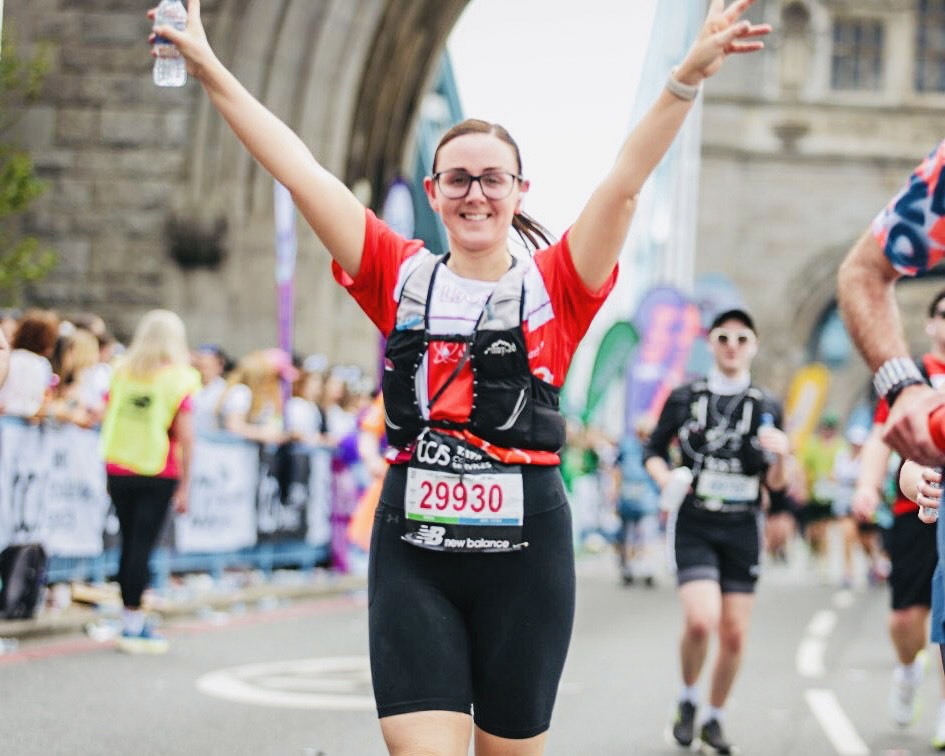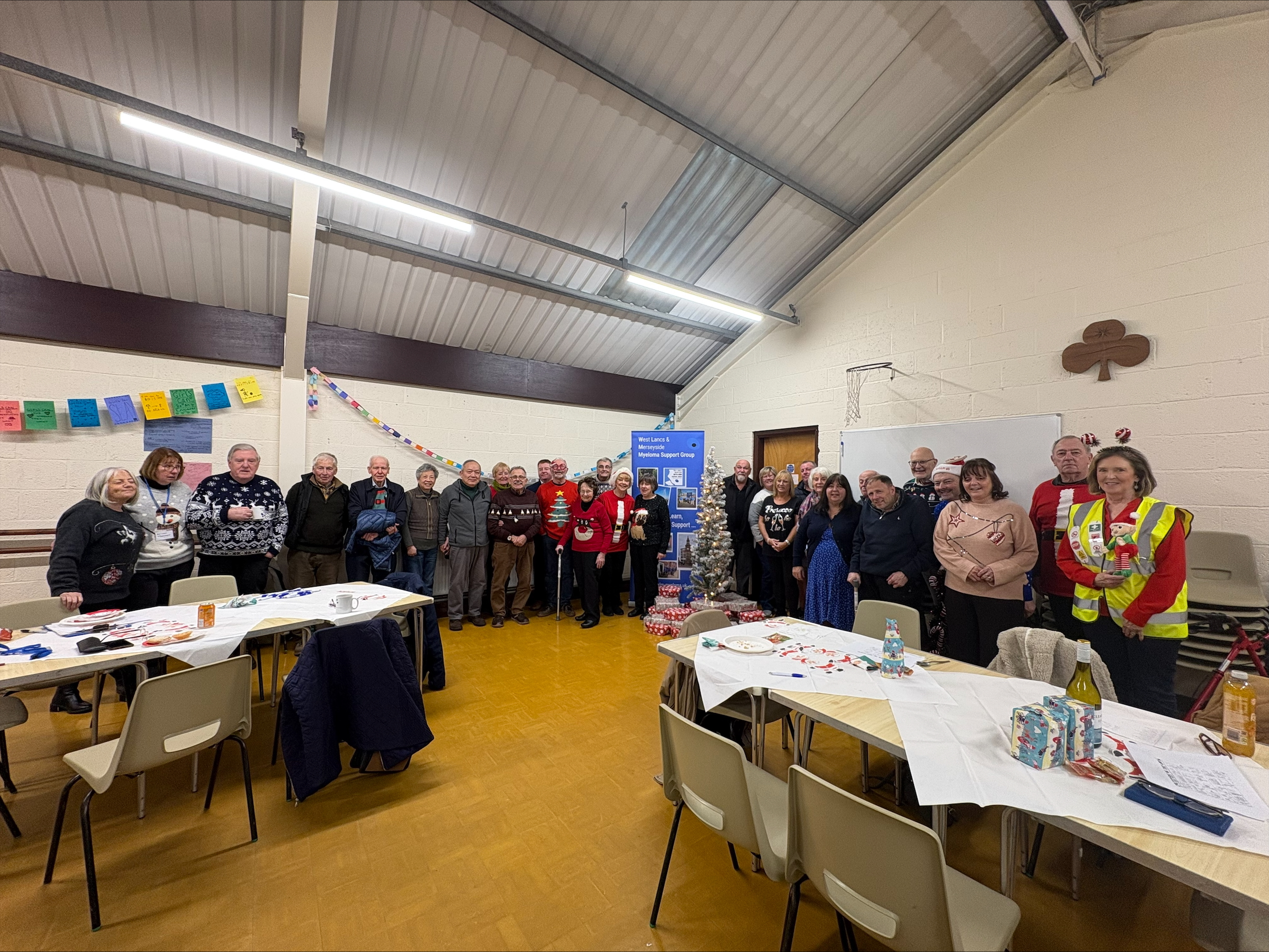Thalassemia is a genetic blood disease, common across the wider Middle East and South Asia, in which victims are not able to make enough hemoglobin – a necessary component in healthy red blood cells, carrying oxygen to all parts of the body – and, thus, suffer from severe anemia and eventual organ failure, and, ultimately, premature death.
The condition is typically treated with life-long, cost-prohibitive “supportive care”, with most thalassemia sufferers dying before the age of 40. However, the latest advances in bone marrow transplantation significantly reduce both treatment time and cost, giving Gulf thalassemia patients and their families new hope.
Bone marrow transplantation is the process by which a compatible donor, typically a matching sibling, has his or her stem cells transplanted into the thalassemia patient’s bloodstream via a tube called a central venous catheter. The stem cells travel through the blood into the bone marrow, thus enabling the growth of healthy, oxygen-carrying red blood cells.
The leading US hospital also believes it can work far more effectively with Gulf-based physicians to reduce the standard one-year treatment timeline for transplantation patients, as well as the associated costs and familial inconveniences associated with patient relocation. Some patients may only need to spend as few as three months in the US, it said.
The Dubai Thalassemia Center at the Dubai Health Authority will be one of several healthcare providers in the region to consider the new curative treatment option for its patients.
To read the article in full click here.









